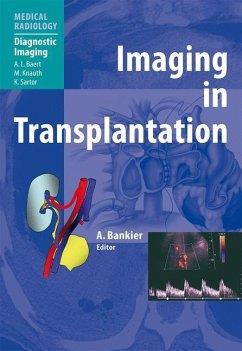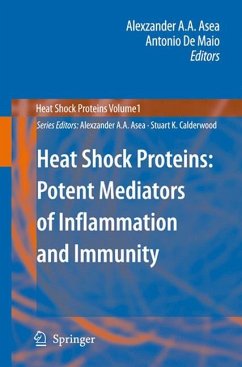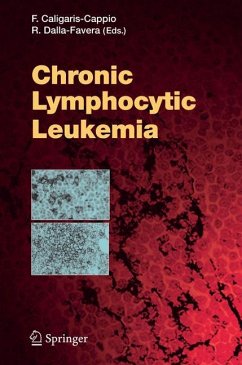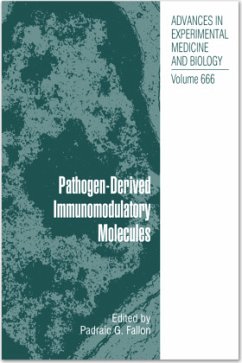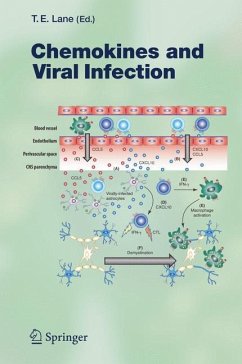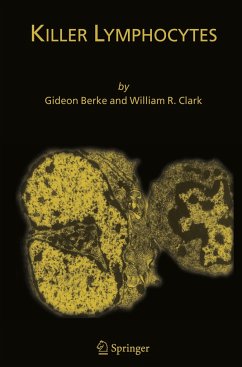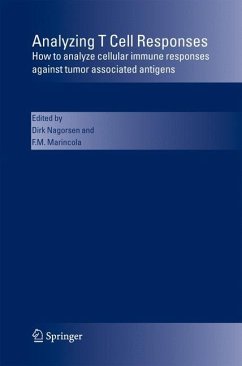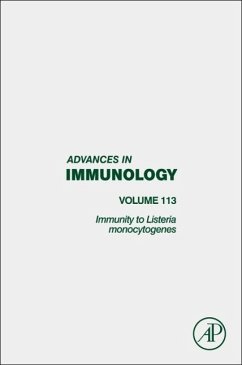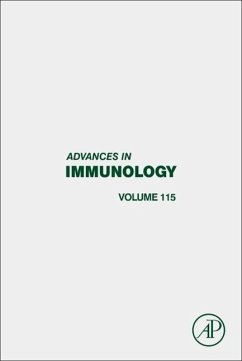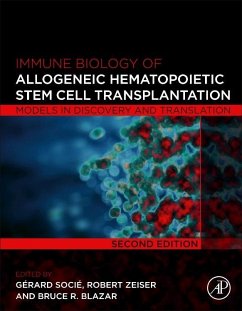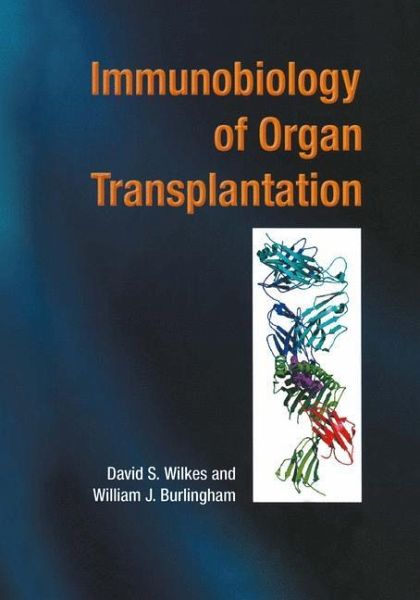
Immunobiology of Organ Transplantation
Versandkostenfrei!
Versandfertig in 1-2 Wochen
268,99 €
inkl. MwSt.

PAYBACK Punkte
134 °P sammeln!
Currently, individuals interested in seeking an in-depth discussion of transplantation immunology must seek individual articles published in several journals, or extrapolate information from various non-transplant immunology textbooks. The purpose of this text is to provide the reader with a single source of information for the basic science of immunobiology of organ transplantation. It is unique that it focuses on immunobiology from the basic research side, with an emphasis on the cellular and molecular levels. The readers will be physicians, scientists, and graduate students interested and e...
Currently, individuals interested in seeking an in-depth discussion of transplantation immunology must seek individual articles published in several journals, or extrapolate information from various non-transplant immunology textbooks. The purpose of this text is to provide the reader with a single source of information for the basic science of immunobiology of organ transplantation. It is unique that it focuses on immunobiology from the basic research side, with an emphasis on the cellular and molecular levels. The readers will be physicians, scientists, and graduate students interested and engaged in the study of immunology as it relates to allo- and xenotransplantation. This book is designed to be the reference standard for the immunobiology of transplantation.



